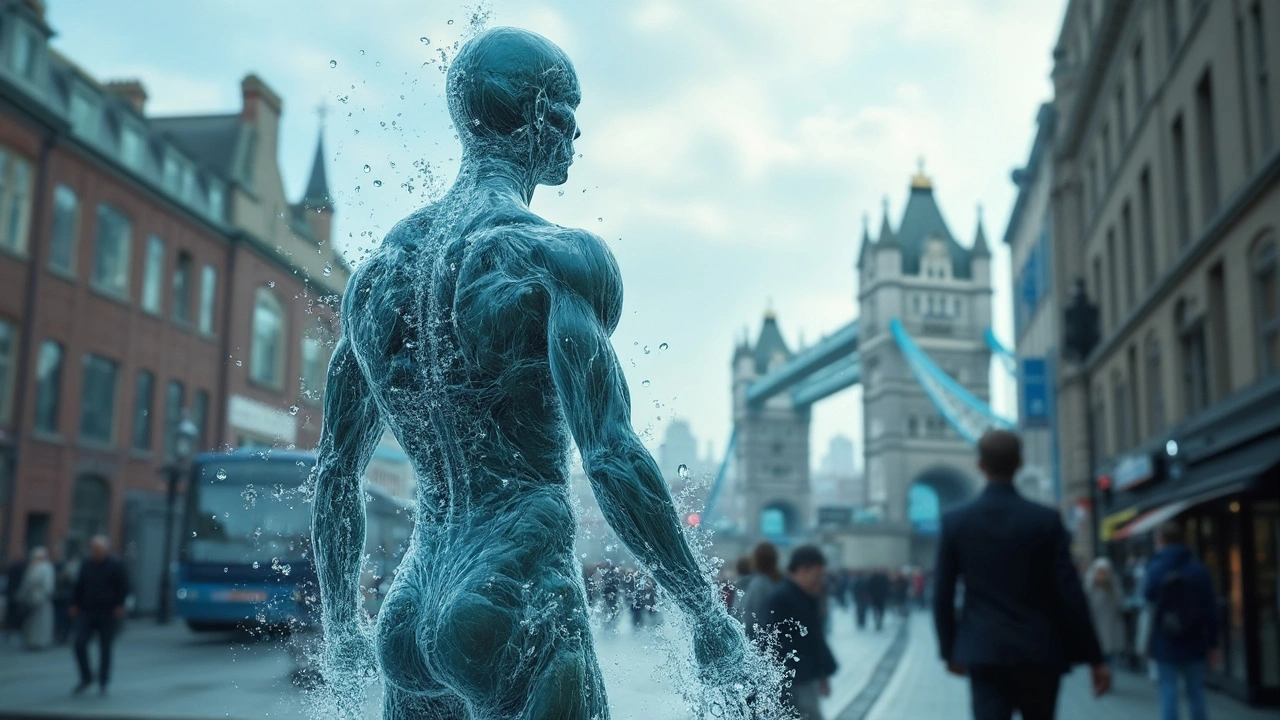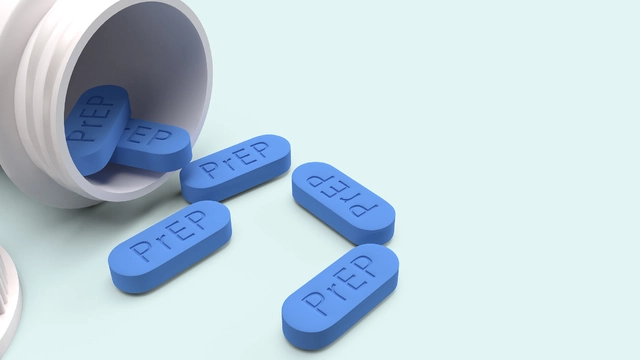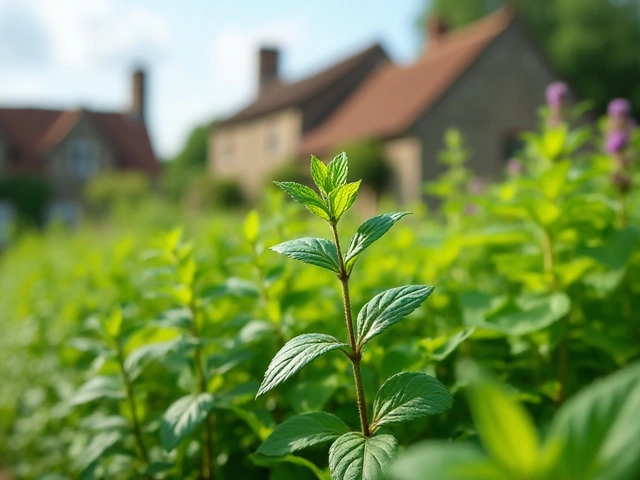Ever wake up with that stiff, achy feeling in your muscles? It might just be your body asking for a drink—of water, that is. You see, hydration plays a massive role in keeping those muscles limber and happy. Without enough fluids, muscles just don't work as well as they should.
But why exactly is water such a game-changer for your muscles? Well, think of your muscles as sponges. They need water to function properly. Water helps transport nutrients, remove toxins, and keep everything running smoothly.
Skipping those extra glasses of water is like leaving a sponge out to dry—it gets hard, stiff, and struggles to do its job. And that's kind of what's happening to your muscles when you're not hydrating properly.
- Why Water Matters for Muscles
- How Hydration Alleviates Stiffness
- Tips for Maintaining Optimal Hydration
- Recognizing Dehydration Signs
Why Water Matters for Muscles
Hydration is not just about quenching thirst; it's about keeping your body, especially your muscles, in top shape. Here's why water is essential for muscle function and preventing muscle stiffness.
Water as a Nutrient Transporter
Water is like a delivery truck for nutrients. When you're properly hydrated, nutrients get to where they need to be—your muscles, in this case. These nutrients help muscles repair themselves after a workout, aiding in muscle recovery and reducing stiffness.
Role in Lubricating Joints
Your joints, like muscles, need adequate hydration to work well. Water helps keep them lubricated, which means less friction and less chance of stiffness setting in.
Muscle Contraction and Coordination
Water is crucial for muscle contraction. It helps you move smoothly and maintain coordination. When you're low on fluids, your muscles might cramp and feel stiff, making simple tasks seem tougher.
How Much Water Do You Really Need?
While there isn't a one-size-fits-all answer, a good rule is to aim for about half your body weight in ounces of water daily. Remember, if you're active, you'll need more. And don't wait until you're thirsty. By the time you feel thirst, you're already heading toward dehydration.
If you ever find yourself confused about how much water we're talking about, here's a quick rundown for the numbers enthusiasts:
| Body Weight | Water Intake (Ounces) |
|---|---|
| 120 lbs | 60 oz |
| 150 lbs | 75 oz |
| 180 lbs | 90 oz |
How Hydration Alleviates Stiffness
Your body is like an intricate machine, and water is the oil that keeps it running smoothly. When you don't drink enough water, it can lead to muscle stiffness, because water is essential for lubricating joints and tissues.
One way that hydration helps is by maintaining the balance of electrolytes. Electrolytes like sodium and potassium are crucial for muscle contraction and relaxation. An imbalance or lack of these can lead to cramps or stiffness. So, keeping those fluids up ensures your muscles contract and relax nicely without locking up.
Water as a Nutrient Transporter
Water isn't just there to wet your whistle. It's a key player in nutrient transport. Imagine your bloodstream as a delivery network, and it needs enough water to ship essential nutrients to your muscles. Proper hydration helps carry nutrients and oxygen, aiding in muscle repair and reducing stiffness after exercise.
Toxin Flusher
Another reason to keep that water bottle close? To flush out toxins. When muscles work, especially during exercise, they produce waste products like lactic acid. If these are not cleared out efficiently, stiffness sets in. Drinking enough water helps your body get rid of these products, reducing the achy feeling.
- Drink before, during, and after exercise to keep your muscles happy.
- If you feel stiff, try upping your water intake and see if it helps.
- Keep an eye on the color of your urine—light yellow means you’re doing well with hydration!
It's all about staying hydrated to keep those muscles working like a charm. Alleviating muscle stiffness could be as simple as sipping on a little more water throughout the day.

Tips for Maintaining Optimal Hydration
Staying well-hydrated isn't rocket science, but it does require some mindfulness. First things first, aim to drink around 8 to 10 glasses of water a day. This isn't a magic number, but it's a solid guideline to keep your body and muscles in top shape.
Listen to Your Body
Sounds simple, right? If you're thirsty, grab a drink. Thirst is your body's way of telling you it's time to top up. But beware—by the time you feel thirsty, you might already be a bit dehydrated.
Balance Your Fluid Intake
Water is king, but you can mix it up. Add some water-rich foods to your diet like cucumbers, oranges, and watermelon. Juices and herbal teas count too, but watch out for sugary or caffeine-heavy drinks.
Make It a Routine
Try to incorporate drinking water into your daily habits. Sip a glass when you wake up, with each meal, and before bed. Keep a bottle handy at work or during workouts to cover all bases.
Monitor Your Hydration Level
Keep an eye out for signs of dehydration, like dark urine, dry skin, or fatigue. If your pee is light yellow, you're probably doing a decent job.
Stay Informed
| Activity Level | Daily Water Needs |
|---|---|
| Low or Average | 8-10 glasses |
| Moderate to High Exercise | 10-14 glasses |
Adjust your water intake based on your activity level. The more you sweat, the more you'll need to replenish those fluids. Don't let a busy day keep you from staying hydrated.
Recognizing Dehydration Signs
So, how can you tell if you're not getting enough of the good stuff—water? Recognizing signs of dehydration can be a game-changer in preventing muscle stiffness and other health issues. Let's break it down into some telltale signs.
Physical Signs to Watch Out For
Your body has a clever way of telling you it's running low on fluids. Feeling thirsty might seem obvious, but by the time your mouth is dry, you're already behind on water intake. Look out for other hints like dark yellow pee, dry skin, and headache. These signs suggest your body’s fluid balance is off.
Cognitive and Behavioral Clues
Feeling sluggish, confused, or just mentally off your game? These could be signs of dehydration too. It's not just about keeping your body in check—your mind needs water to keep sharp as well.
Data Spotlight: Hydration Levels
Check out this helpful data hint: According to some wellness experts, even mild dehydration can cause a 1-2% drop in your physical and mental performance. Here’s how that might look:
| Hydration Level | Performance Impact |
|---|---|
| Normal | Optimal physical and mental function |
| Mild Dehydration (1-2% fluid loss) | Decreased performance, fatigue |
| Moderate to Severe Dehydration | Headache, confusion, major fatigue |
Practical Tips
So what can you do? First, pay attention to your body. When those warning signs pop up, it’s time to grab a glass of water—not just any drink, but water specifically. Staying ahead of dehydration can fend off that dreaded muscle stiffness and keep you feeling great overall.





Wow, another "miracle" post about water. As if a couple of glasses could magically erase muscle stiffness that results from years of neglect. The article glosses over the fact that electrolytes, not just H2O, play a huge role. Anyone who thinks hydration alone is a silver bullet seems living in a fantasy gym. Maybe next time throw in some credible sources instead of vague tables.